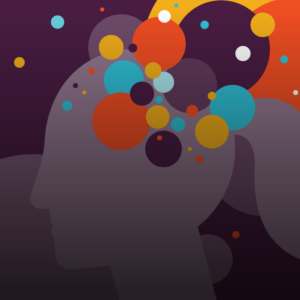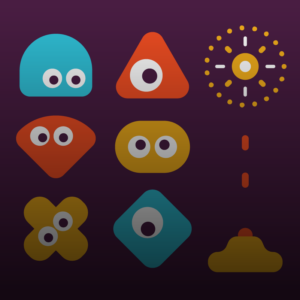The IQ test was created in 1904. Nearly 100 years later, we’re beginning to discover how there is much more to human intelligence than IQ.
On the whole IQ tests assess your reasoning, memory, mathematical and language skills. Contrary to popular belief, IQ only measures a specific set of cognitive abilities and is not a measure of your overall intelligence.
Your score can also change over time, this can be due to a number of factors such as childhood development or your environment. The National Institute of Mental Health uncovered that employees who work in complex environments will perform a lot better on the tests over time than those who are in jobs that don’t challenge them. This demonstrates that intelligence isn’t fixed and there are factors that can improve our IQ.
EQ is more valuable than you think
We are starting to realise our emotions can help us in the workplace. For instance, a leader who is delivering negative feedback to a sensitive employee will need to use their emotional intelligence (EQ) to understand the best approach to take.
Generally, emotional intelligence is:
- Self-awareness – an understanding of your own emotions and how they could affect others.
- Self-regulation – this is the ability to think before you react to a situation and the degree you are able to control your moods and impulses.
- Internal motivation – rather than pursuing a goal for a reward, you are motivated to achieve for personal reasons, for instance, personal development.
- Empathy – you are able to recognise and understand other people’s motivations.
- Social skills – you are able to build a network and manage relationships.
More and more studies are revealing how beneficial emotional intelligence is to all of us. The World Economic Forum found that 90% of top performers at work also have high emotional intelligence.
Over the next few years, we will see AI being introduced into our workplace. Although machines are more proficient in processing and understanding large amounts of data, they can’t replace human connection. Dr Boris Altemeyer, our Chief Scientific Officer, revealed that:
“The advance of technology means we can focus on what humans are truly good at. This can fall into the area of EQ: managing emotions of others (and ourselves, of course) and taking them into account in our decision making. After all, many aspects of our economy are now about generating and selling emotional experiences, not just logical solutions. This means that – particularly in customer-facing jobs – EQ can be many times more important than just high cognitive functioning / IQ.”
Although AI may excel in abilities assessed in IQ tests, machines struggle to perform EQ attributes. Therefore, your EQ score is going to be just as important as your IQ score in order to thrive in the future workforce.
Everyone is different. Every role is different.
A person is so much more than their IQ score. It only measures a specific part of who they are. When you hire someone you want to understand the candidate as a whole, not just their cognitive abilities. We have created Cognisess Pro with this in mind. Our scientifically backed assessments can show you how emotionally intelligent a candidate is, alongside cognitive and personality traits that are important in a role. Every role is different, which is why we are able to assess up to 120 attributes for a job.
Although IQ is important, we are beginning to realise that our score can change over time. EQ is just as valuable in the workplace and we are beginning to champion different types of intelligence. Let’s celebrate them together, book a free demo to get a personalised insight into recruiting the right emotional intelligence and IQ abilities for your company.


